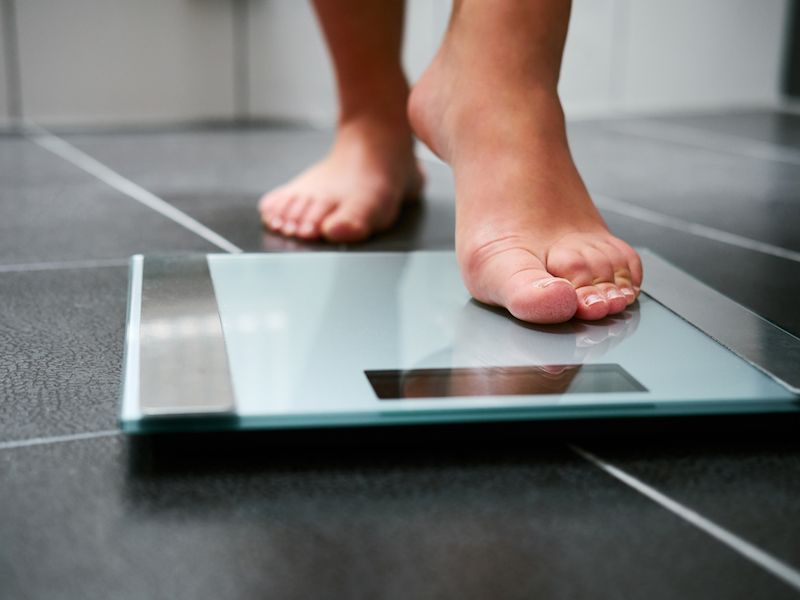
It’s well understood, that over longer periods of time, eating way too much will be detrimental to your health. There are a number of health conditions related to obesity. Heart disease, high cholesterol, diabetes, and you can put hearing on the list, also. It’s calculated that around 48 million people in the United States, about 20% of the nation’s population, deal with loss of hearing, and nearly double that amount of adults, 93 million, are obese. These numbers are staggering and point to a serious health problem throughout the country.
How Is Being Overweight Connected to Hearing Loss?
Various studies have revealed that there’s a link between obesity and loss of hearing. Although experts are still researching the link, it’s thought that being overweight is linked to loss of hearing because the circulatory system is impacted. Additionally, obesity is linked to high blood pressure and diabetes, which are also connected to loss of hearing.
Sound in the ear is detected by little hairs inside the inner ear. These hairs, called stereocilia, need a steady blood flow and oxygen to function properly. Because of obesity, the flow of blood is restricted throughout the body because the heart will have to work harder to get the blood to flow throughout the body, which means that your inner ear is working on less-than-optimal blood flow. This can irreversibly harm the ears. Because all of these illnesses effect the blood flow, high blood pressure, heart disease, and diabetes affect the inner ear in a similar way.
Keeping your weight in check is especially relevant as you get older since age-related hearing loss and a high index of fat mass are also connected. Your body’s metabolism doesn’t work as fast or as well as it did in the past, which is the reason why you should attempt to stick with healthy habits that you formed when you were younger.
A good diet and exercise are great for your over-all health and your ears.
Obesity Related Hearing Loss Treatments
If your hearing loss is brought about by obesity, you may never be able to get it back, still, it’s always good to get your hearing screened to identify the extent of your loss of hearing. If the injury is permanent, you might require a hearing aid or other device to start hearing correctly again.
If the damage is not that serious, you may want to see your doctor about making a diet and exercise program to lessen the effect your weight has on your health before it gets any worse. Your doctor should prescribe a cardio intensive exercise regimen that will get your blood pumping and enhance your general health. You will likely find that other areas of your life also improve, mental health, for example, since consistent exercise has been proven to lessen depression.
How Can You Prevent Obesity-Related Hearing Loss?
diabetes, heart disease, and high blood pressure Your ears will definitely be kept in better shape if you keep yourself healthy. A good place to start is a consultation with a nutritionist who can help develop a program that’s customized for you and is targeted on assisting you to attain your goals. The job of the nutritionist is to make sure you’re eating healthy foods with the correct combination of nutrients, including foods that have plenty of iron, since, you guessed it, a lack of iron in your diet can aggravate your loss of hearing and trigger tinnitus.
Discover more concerning hearing loss and how you can hear better with the correct treatment.
